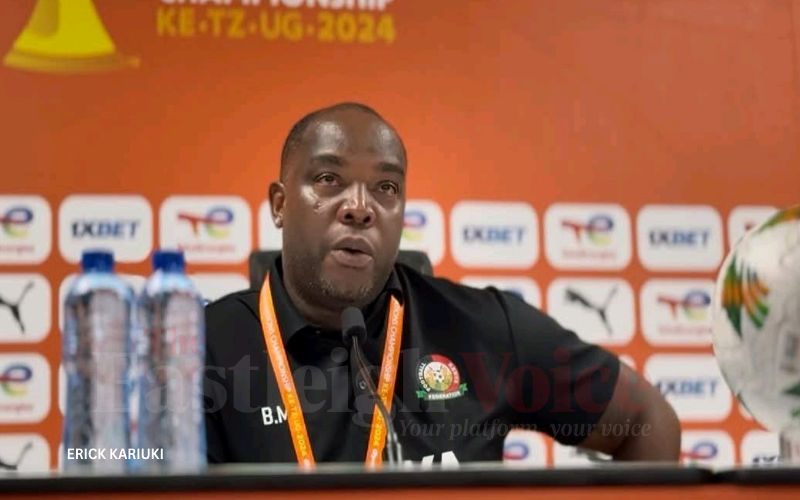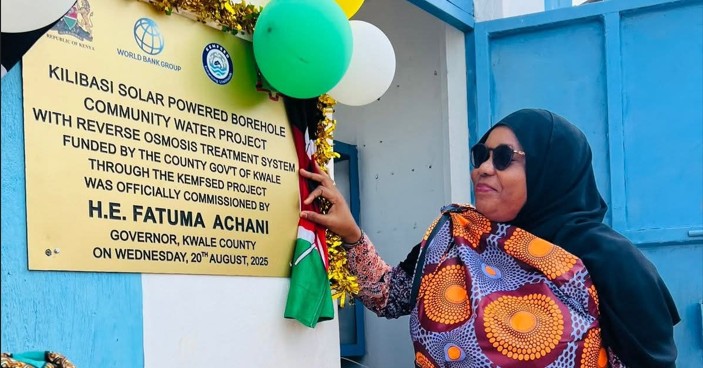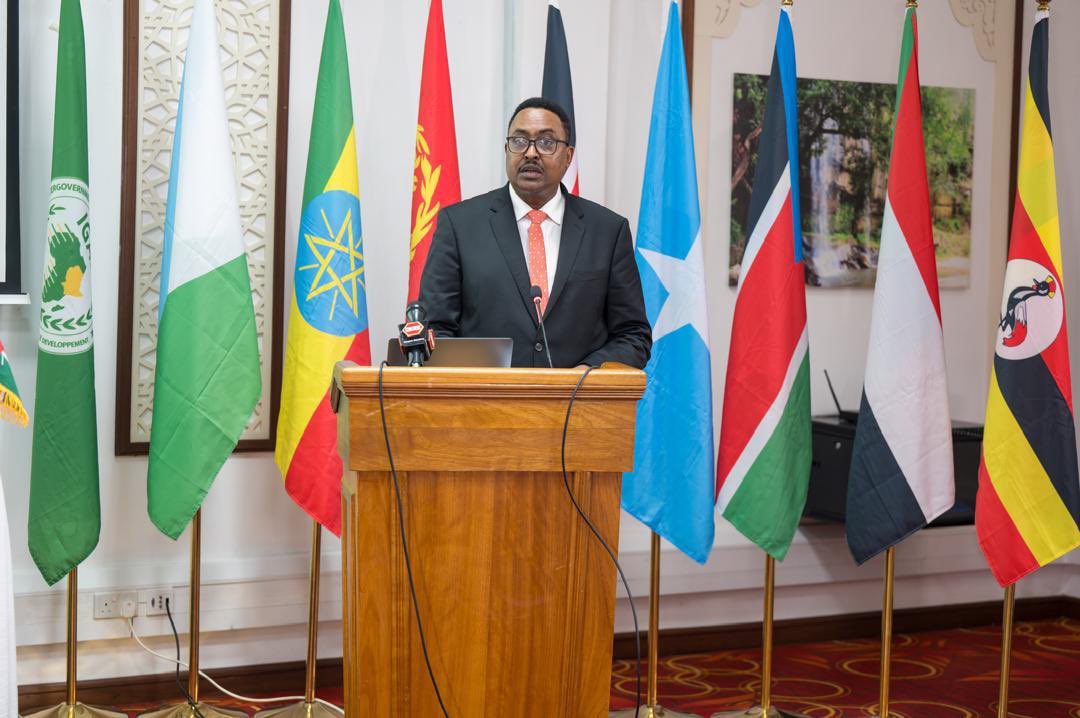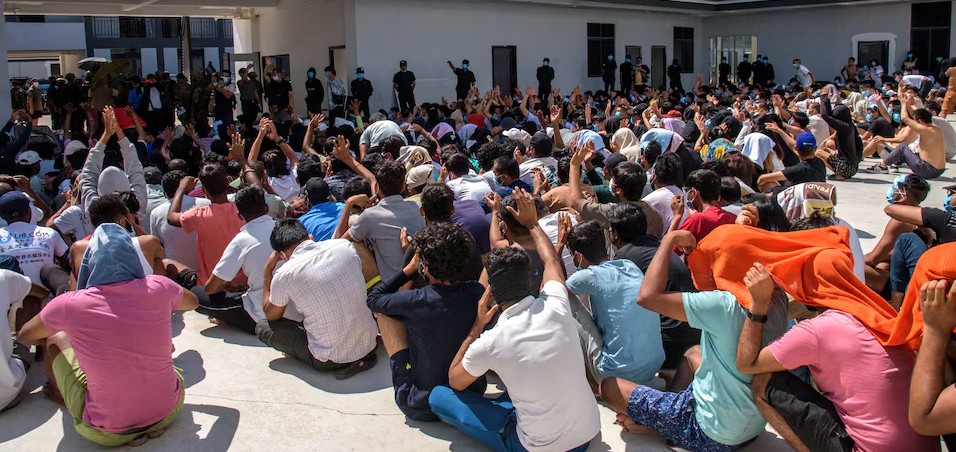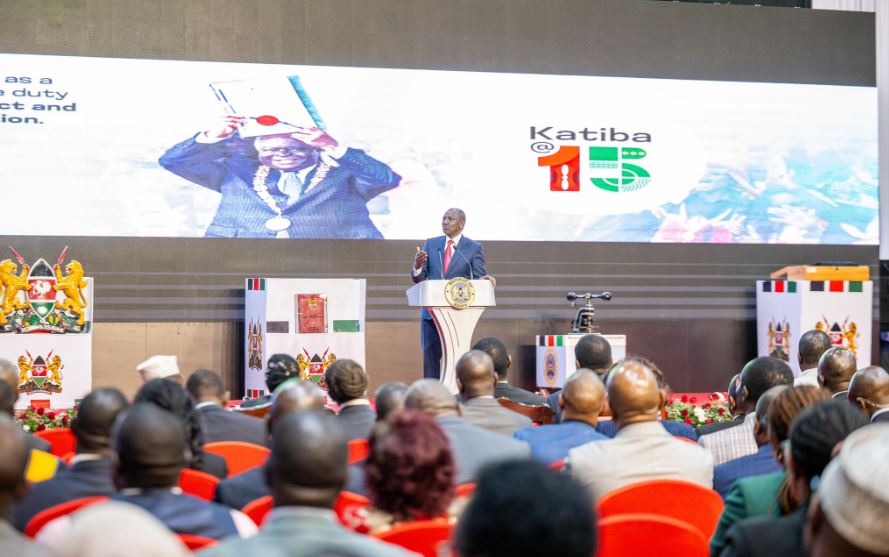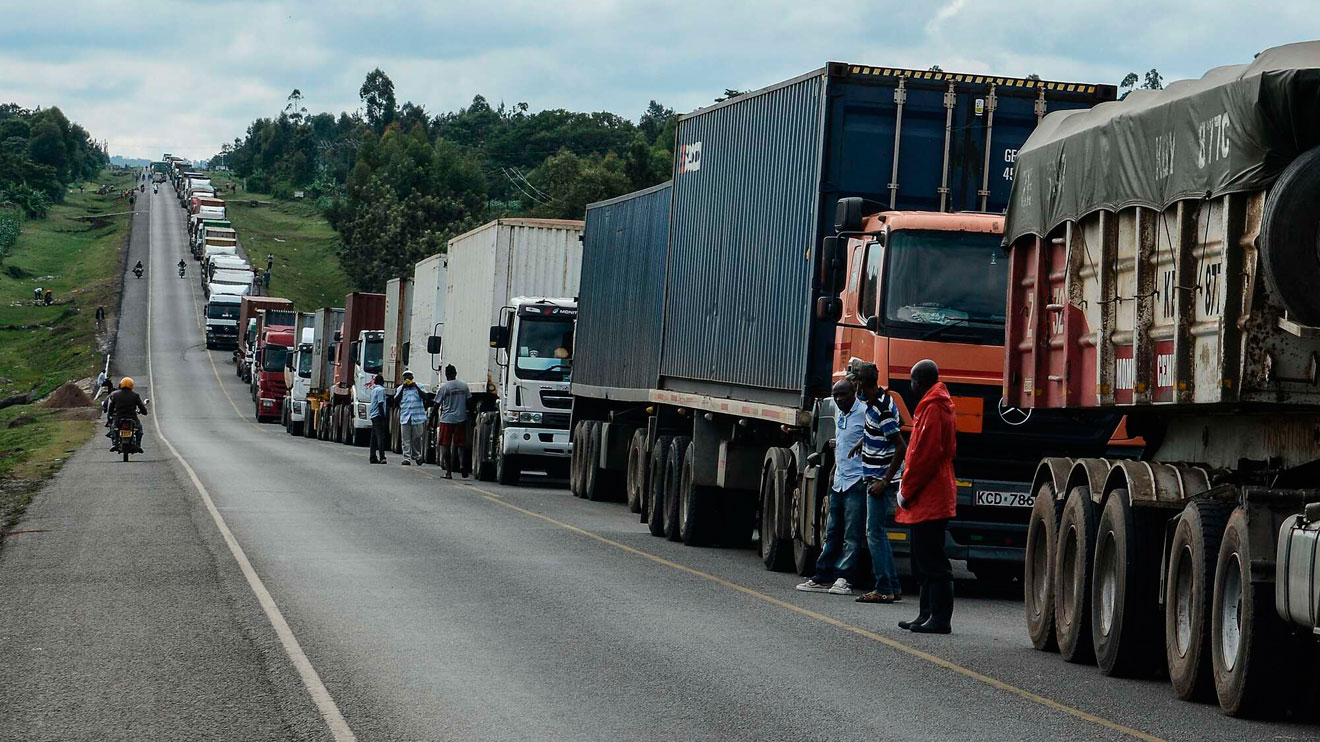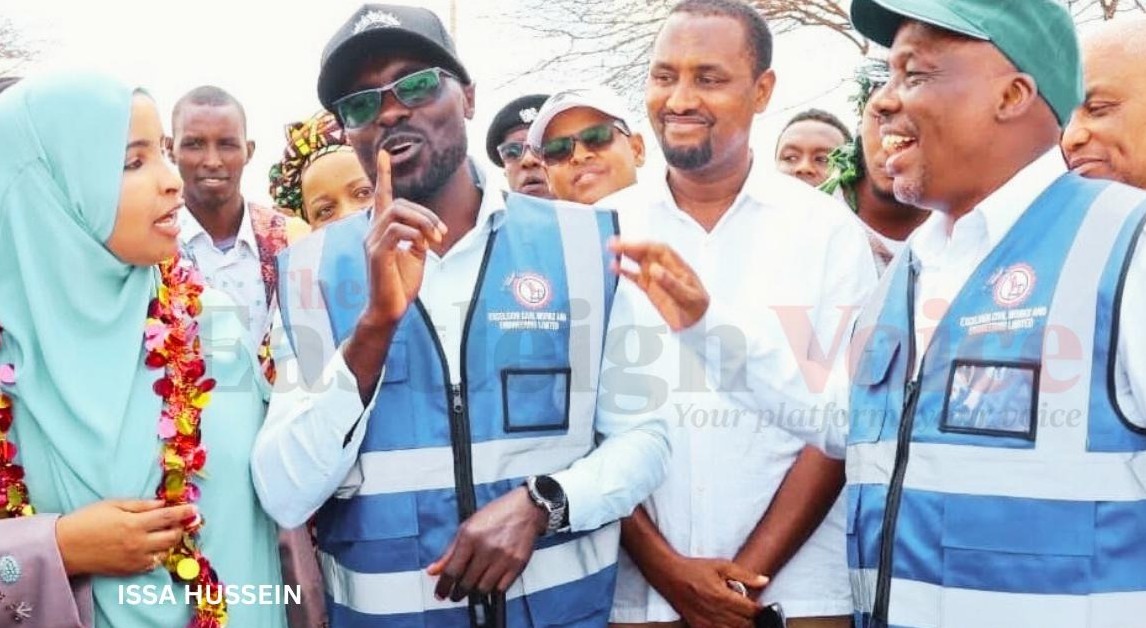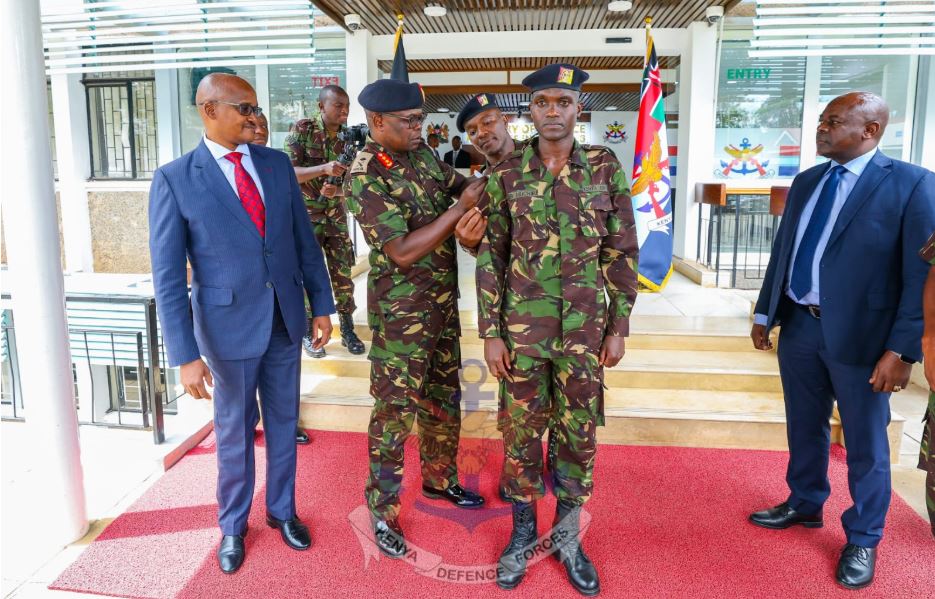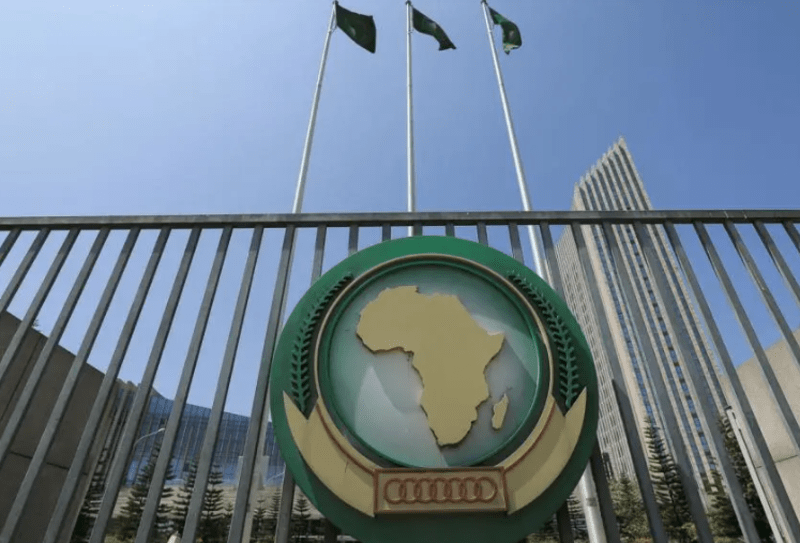Witness reveals how Mackenzie’s Shakahola church starved dozens, killing children and families

The witness revealed that she lost all seven of her children in Shakahola, where followers were forced to abandon schooling, medical care, and even basic food and water, believing that self-starvation was the only path to God.
The Shakahola murder trial of controversial preacher Paul Mackenzie and his 29 co-accused has entered a harrowing phase, as a protected witness recounted how starvation, strict control, and extreme religious teachings led to the deaths of dozens of followers.
Testifying before Lady Justice Diana Kavedza at the Mombasa High Court, the witness revealed that she lost all seven of her children in Shakahola, where followers were forced to abandon schooling, medical care, and even basic food and water, believing that self-starvation was the only path to God.
More To Read
- Death toll rises to 25 as six more bodies exhumed in Binzaro Village cult probe
- Kwa Binzaro cult tragedy lays bare State’s broken promises after Shakahola
- Kwa Binzaro cult probe shifts to suspects’ phones and bank records
- Shakahola Horror: How children were forced to starve, 'prepared to meet Jesus'
- Woman named prime suspect in Kwa Binzaro deaths as 11 arrested, 13 bodies exhumed so far
- Five bodies exhumed in Kwa Binzaro as mass graves probe intensifies in Kilifi
Chief Inspector Sawe Kigen, a forensic imaging and acoustic analyst, described leading a team of four experts in documenting the Shakahola crime scene in Chakama, Lango Baya Division of Malindi sub-county, Kilifi County.
Between April 19 and October 24, 2023, the multi-agency team conducted searches to identify graves and rescue survivors, guided by intelligence and random reconnaissance. Video evidence presented in court showed areas where severely emaciated followers were found.
Lost seven children
The most emotional testimony came from a protected witness, a woman who lost all seven of her children to starvation and lack of water in Shakahola. She explained that she first encountered Mackenzie’s Good News International (GNI) Church through a Christian television channel.
Over time, the preacher’s sermons became increasingly extreme, forbidding followers from engaging in “worldly” practices, including wearing makeup, seeking medical attention, or sending children to school.
She joined the GNI Bombolulu branch in Mombasa County, attending seminars in Tononoka, Bomu, and Malindi, before being told to relocate to a forest settlement in Shakahola, described as a “divine wilderness” for the faithful.
Members were urged to buy land at Sh1,000 per acre, and she purchased two acres for her family. Upon arrival, a man known as “Alex wa mashamba” guided them to temporary shelters, instructing them not to build permanent structures. Water was provided only from a dam later known as “Mackenzie Dam.”
Tightly controlled
Life in Shakahola, she said, was tightly controlled. Followers were prohibited from interacting with outsiders, labelled “Mataifa,” and were told they were the “chosen ones.” Regular meetings reinforced this isolation, forbidding any contact with non-believers.
The witness recounted how members were encouraged to “crucify themselves” through fasting. Her testimony described the deaths of her children and a neighbour, known as Rey, who also perished from starvation. Funerals forbade crying and reframed deaths as “weddings” celebrating unity with God. Families searching for missing relatives were often unable to locate them, as members were moved deeper into the forest to avoid detection by authorities.
Eventually, the witness said she could no longer endure the conditions and requested to leave. Her plea was met with violence; she was beaten until she lost consciousness and later rescued, awakening in Malindi Hospital.
The Shakahola massacre case, previously heard in Malindi, was transferred to Mombasa following directions from Chief Justice Martha Koome.
The trial continues as the court examines the full extent of deaths, abuse, and indoctrination within Mackenzie’s GNI Church.
Top Stories Today
Reader Comments
Trending
